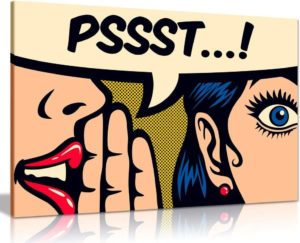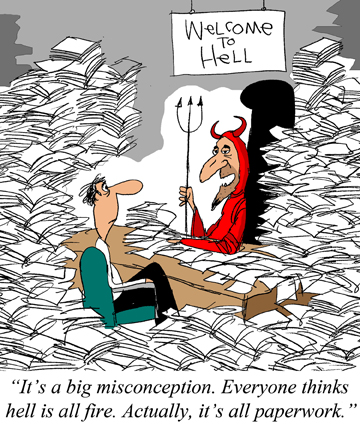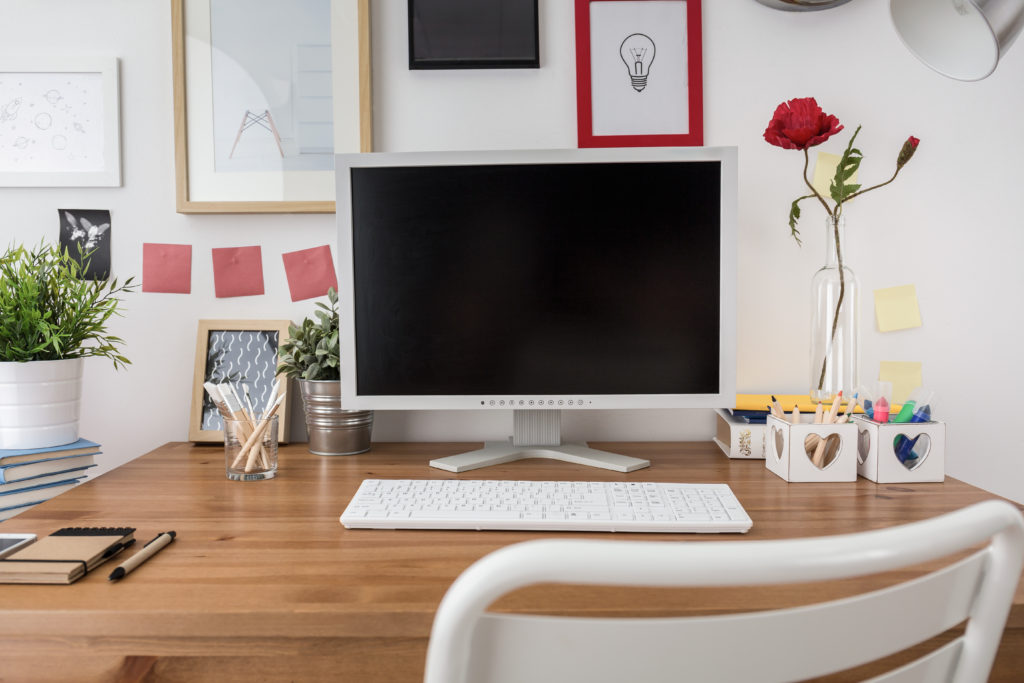When I tell people I’m a professional organizer, they almost always ask, “is your house immaculate?”
In the early years of my career as a professional organizer, I dodged the question because I didn’t want others to think I wasn’t perfectly organized.
Over time I came to realize that there is no such thing.
When it comes to having a fulfilling, organized life, perfection will get in the way every time. I don’t want to be model of perfection. More importantly, I don’t want my clients to expect that of themselves.
Having a home that you enjoy, where you can spend time relaxing, enjoying time with family and friends, pursuing your interests and taking care of the business of your life, is far more important than having a perfectly organized life. There is no such thing. Life is messy.
The question about how organized I am in real life prompted me to think about other truths about my personal approach to organization.
So here are 13 confessions about me as professional organizer that may surprise you:
-
- My house is not organized perfectly. It’s tidy and I can generally, though not always, find what I’m looking for. My home is not a Pinterest post or a cover of Architectural Digest. My style is to organize for my real life, not a fantasy life that I could never achieve let alone maintain.
- I don’t have an opinion about what my clients keep, donate or toss. The only time I do care is when I see them make decisions that seem contrary to their goals. In that case I will ask their permission to gently point it out.
- The papers I keep are contained in three places in my home. One is a small file box. Another is an old suitcase that belonged to my mother. The third is a single file drawer. My paper supplies are kept in a drawer and on a shelf.
- I rarely scan anything. The only exception when I need to scan or upload a document to share.
-
If it’s not on my calendar, it doesn’t exist. I have no short term memory.
- I can’t fold a fitted sheet like Martha Stewart. (Believe me I’ve tried dozens of times). However, I can make it tidy in a linen closet.
- If it’s trash, I don’t feel bad about tossing it. I do my best to donate or recycle it but the world is not set up yet for zero waste and that’s not my fault. I appreciate sites such as Stopwaste.org when I want to recycle something less typical.
- I don’t watch TV shows about organizing or hoarding.
- Not that there’s anything wrong with it, but I don’t decant into containers. If you want everything in your kitchen, pantry or home to be labeled in pretty, matching ceramic containers, as organizers we are happy to do it.
- We don’t have a garage. The previous owners of our home took it down to put in another room. We use it as a TV and exercise area. It has a large storage cabinet we use for holiday supplies, camping, memorabilia, sporting goods and games. Behind it is where I store all my supplies for work. My car is parked in a driveway.
- I never liked the term “professional organizer.” Unfortunately they haven’t come up with anything better.
- My team organizes better than I do but I know what works and I am great at managing projects, people and getting things done.
- When I cook, my kitchen becomes a disaster. I am not an “organized cook.” I guess that’s because I’m focused on the food itself, not on the dish that didn’t get washed, the counter that didn’t get wiped or the container of cream that didn’t get put away. My husband is an incredibly organized cook.









